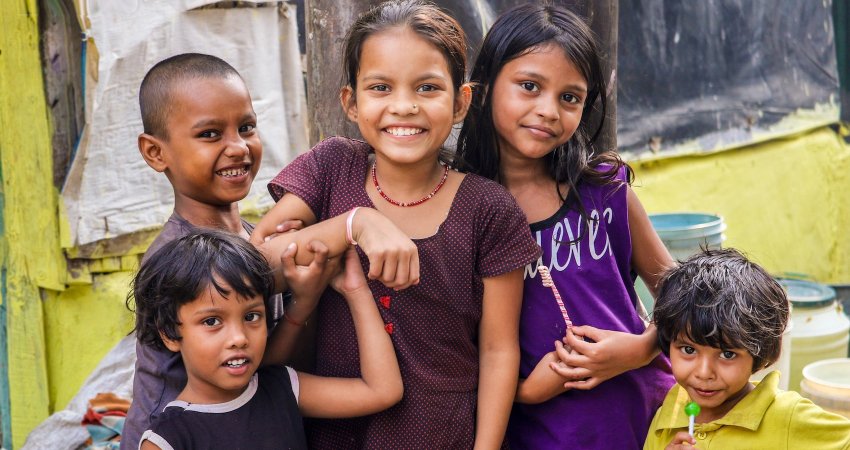Health is a critical aspect of life that shouldn’t be compromised, but in rural areas, access to proper healthcare is often a luxury, not a given.
While urban regions enjoy greater access to medical facilities and services, rural communities struggle with unique health challenges. Let’s dive into some of the most common health issues faced by people living in remote regions and why it’s important to address these concerns.
1. Lack of Healthcare Facilities and Professionals
One of the major health challenges in rural areas is the lack of healthcare facilities. Small towns and villages often have limited access to hospitals, clinics, and trained medical professionals. If someone falls seriously ill, they might have to travel long distances to receive care, which is both time-consuming and expensive. Imagine needing urgent medical attention but having to travel hours to the nearest hospital! It’s a stressful reality for many rural residents.
The shortage of doctors, nurses, and healthcare providers in these areas makes it difficult to receive timely and appropriate treatment, leading to more severe health outcomes.
2. Prevalence of Infectious Diseases
Rural regions are also prone to outbreaks of infectious diseases, largely due to limited access to clean water, poor sanitation, and inadequate healthcare. Conditions such as tuberculosis, malaria, and diarrheal diseases are more common in these areas compared to urban settings.
Without proper healthcare infrastructure, diseases can spread quickly, affecting large portions of the population. In addition, vaccines and preventive care may not be as accessible, leaving rural communities more vulnerable to disease outbreaks.
3. Chronic Health Conditions
Chronic health conditions, such as diabetes, heart disease, and respiratory illnesses, are increasingly common in rural areas. Limited healthcare services mean that these conditions often go undiagnosed or untreated, leading to worsened health outcomes over time.
Furthermore, lack of education about nutrition and health contributes to unhealthy lifestyles, making chronic diseases more prevalent. Addressing these issues requires not only medical intervention but also awareness and education about healthy living.
4. Mental Health Challenges
Mental health is often overlooked in rural communities due to the stigma associated with it and the lack of mental health services. People in remote areas may experience stress from poverty, isolation, or limited economic opportunities, leading to higher rates of depression and anxiety.
However, the absence of trained mental health professionals makes it difficult for individuals to seek help. This can lead to long-term mental health issues, affecting both personal well-being and community dynamics.
Conclusion
Rural communities face a wide range of health challenges, from infectious diseases to chronic conditions and mental health issues. The lack of access to healthcare facilities and trained professionals compounds these problems, leaving rural populations vulnerable.
To improve health outcomes in these areas, it’s crucial to invest in healthcare infrastructure, increase the availability of medical professionals, and raise awareness about preventive care. Everyone deserves access to quality healthcare, regardless of where they live, and it’s important to address these challenges to ensure better health for all.


